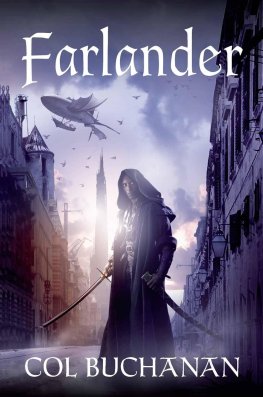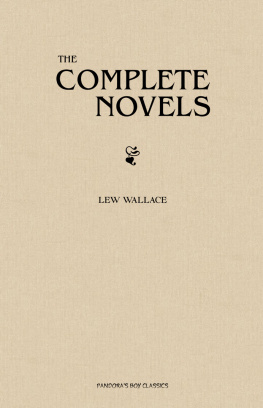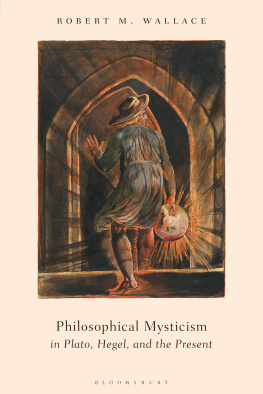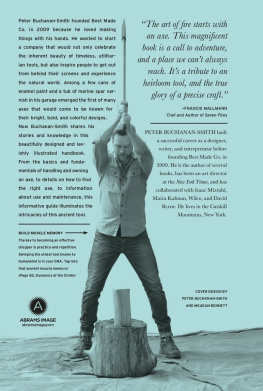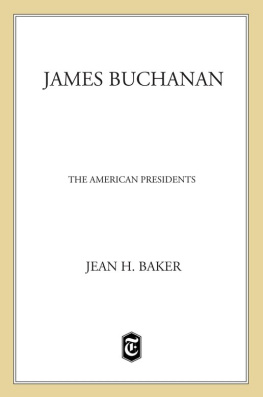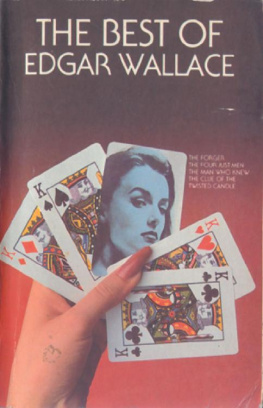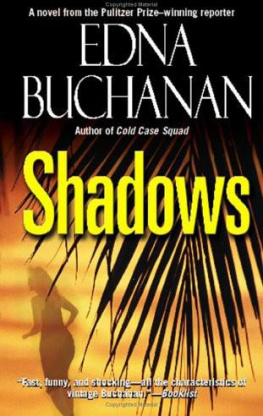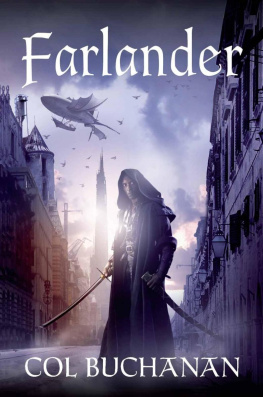Robert Wallace - George Buchanan
Here you can read online Robert Wallace - George Buchanan full text of the book (entire story) in english for free. Download pdf and epub, get meaning, cover and reviews about this ebook. year: 2019, publisher: Oliphant, Anderson & Ferrier, genre: Science. Description of the work, (preface) as well as reviews are available. Best literature library LitArk.com created for fans of good reading and offers a wide selection of genres:
Romance novel
Science fiction
Adventure
Detective
Science
History
Home and family
Prose
Art
Politics
Computer
Non-fiction
Religion
Business
Children
Humor
Choose a favorite category and find really read worthwhile books. Enjoy immersion in the world of imagination, feel the emotions of the characters or learn something new for yourself, make an fascinating discovery.

- Book:George Buchanan
- Author:
- Publisher:Oliphant, Anderson & Ferrier
- Genre:
- Year:2019
- Rating:5 / 5
- Favourites:Add to favourites
- Your mark:
- 100
- 1
- 2
- 3
- 4
- 5
George Buchanan: summary, description and annotation
We offer to read an annotation, description, summary or preface (depends on what the author of the book "George Buchanan" wrote himself). If you haven't found the necessary information about the book — write in the comments, we will try to find it.
George Buchanan — read online for free the complete book (whole text) full work
Below is the text of the book, divided by pages. System saving the place of the last page read, allows you to conveniently read the book "George Buchanan" online for free, without having to search again every time where you left off. Put a bookmark, and you can go to the page where you finished reading at any time.
Font size:
Interval:
Bookmark:

BUCHANAN
- THOMAS CARLYLE. By Hector C. Macpherson .
- ALLAN RAMSAY. By Oliphant Smeaton .
- HUGH MILLER. By W. Keith Leask .
- JOHN KNOX. By A. Taylor Innes .
- ROBERT BURNS. By Gabriel Setoun .
- THE BALLADISTS. By John Geddie .
- RICHARD CAMERON. By Professor Herkless .
- SIR JAMES Y. SIMPSON. By Eve Blantyre Simpson .
- THOMAS CHALMERS. By Professor W. Garden Blaikie .
- JAMES BOSWELL. By W. Keith Leask .
- TOBIAS SMOLLETT. By Oliphant Smeaton .
- FLETCHER OF SALTOUN. By G. W. T. Omond .
- THE BLACKWOOD GROUP. By Sir George Douglas .
- NORMAN MACLEOD. By John Wellwood .
- SIR WALTER SCOTT. By Professor Saintsbury .
- KIRKCALDY OF GRANGE. By Louis A. Barb .
- ROBERT FERGUSSON. By A. B. Grosart .
- JAMES THOMSON. By William Bayne .
- MUNGO PARK. By T. Banks Maclachlan .
- DAVID HUME. By Professor Calderwood .
- WILLIAM DUNBAR. By Oliphant Smeaton .
- SIR WILLIAM WALLACE. By Professor Murison .
- ROBERT LOUIS STEVENSON. By Margaret Moyes Black .
- THOMAS REID. By Professor Campbell Fraser .
- POLLOK and AYTOUN. By Rosaline Masson .
- ADAM SMITH. By Hector C. Macpherson .
- ANDREW MELVILLE. By William Morison .
- JAMES FREDERICK FERRIER. By E. S. Haldane .
- KING ROBERT THE BRUCE. By A. F. Murison .
- JAMES HOGG. By Sir George Douglas .
- THOMAS CAMPBELL. By J. Cuthbert Hadden .
- GEORGE BUCHANAN. By Robert Wallace . Completed by J. Campbell Smith .
| CHAPTER I |
| PAGE |
| Preliminary and General |
| CHAPTER II |
| Characteristics |
| CHAPTER III |
| Characteristics (continued) |
| CHAPTER IV |
| Further Characteristics |
| CHAPTER V |
| Buchanan and Calvinism |
| CHAPTER VI |
| Biographical Facts |
| Epilogistic |
| Index |
Font size:
Interval:
Bookmark:
Similar books «George Buchanan»
Look at similar books to George Buchanan. We have selected literature similar in name and meaning in the hope of providing readers with more options to find new, interesting, not yet read works.
Discussion, reviews of the book George Buchanan and just readers' own opinions. Leave your comments, write what you think about the work, its meaning or the main characters. Specify what exactly you liked and what you didn't like, and why you think so.


![George Wallace - Hunter Killer [Movie Tie-In]](/uploads/posts/book/848976/thumbs/george-wallace-hunter-killer-movie-tie-in.jpg)
